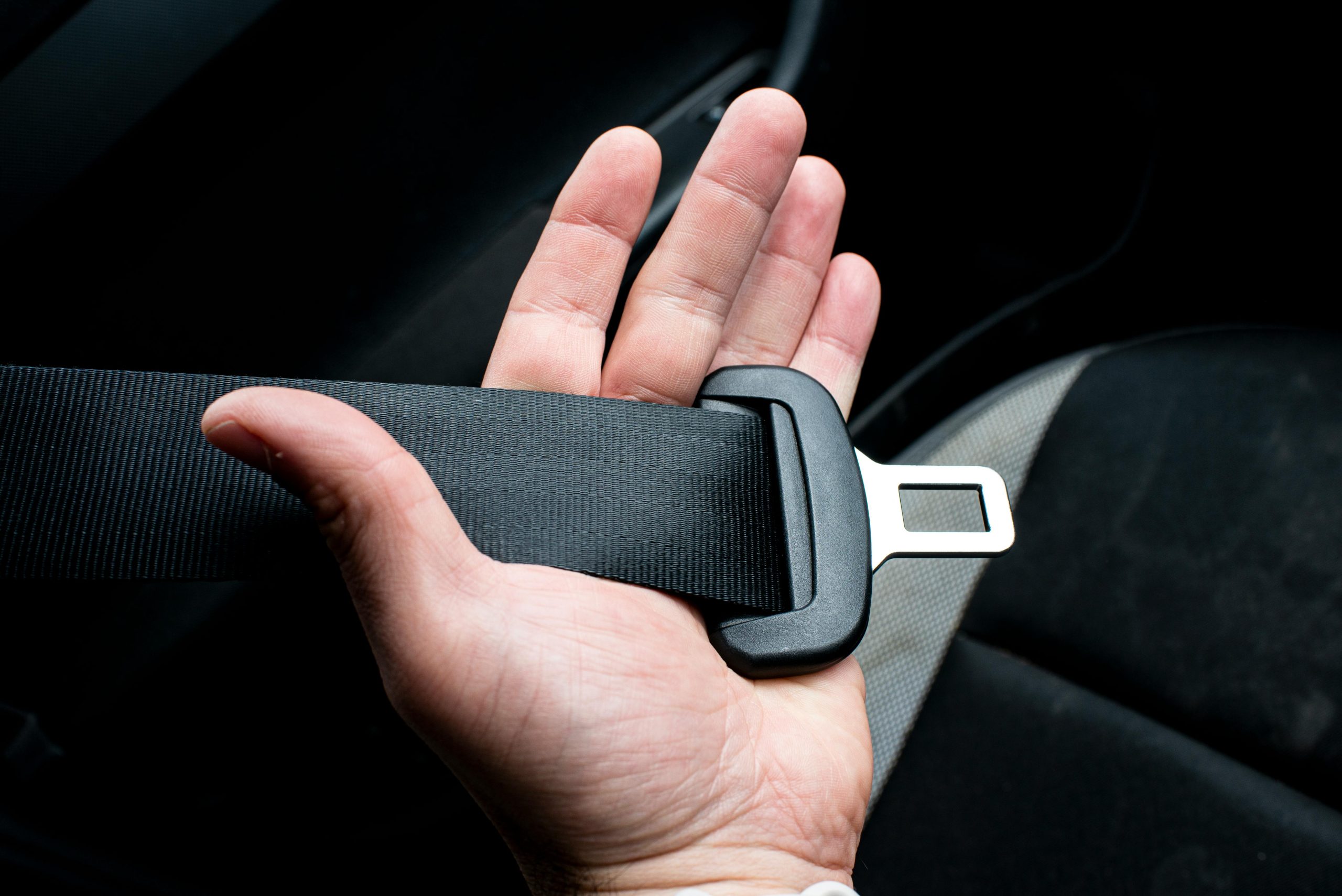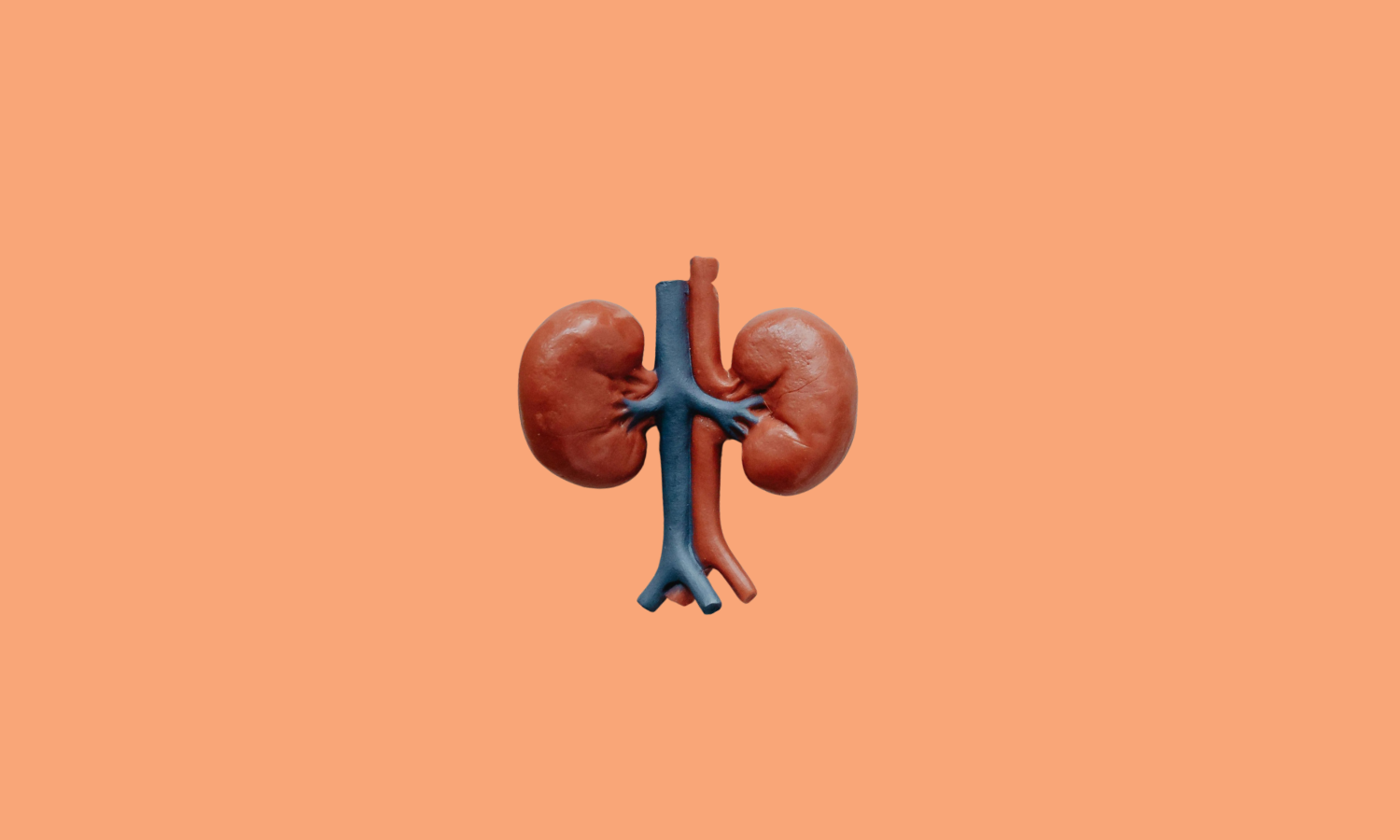People with diabetes may develop kidney disease. Occasionally, it can progress to a serious state called end-stage kidney disease. It is therefore important to understand what this means and how to reduce the chance of it happening.
The Threat of Kidney Failure
Kidney disease from diabetes can be serious if it progresses. Indeed, Diabetes is the number one reason for end-stage kidney disease. When this happens, and kidney function falls so low that it can no longer support life, a person needs organ replacement therapy. This is achieved with either dialysis or a kidney transplant.
Dialysis is a system that takes over the job the kidneys can no longer do—it effectively washes the blood of impurities that accumulate, in the same way that a kidney does. There are two main types of dialysis:
- Hemodialysis: The patient is hooked up to a machine that filters the blood outside the body. This typically takes 3.5 to 4 hours and is usually done three times a week at a dialysis center.
- Peritoneal Dialysis: A special fluid is put into the patient’s belly to filter the blood internally. This process can often be done at home.
A kidney transplant from either a living donor or a cadaver is the best long-term approach. Most people with end-stage disease need to use dialysis until a kidney becomes available for transplant. After the transplant, they need to take medications to prevent the kidney from being rejected.
New Hope for Prevention
In the past, kidney disease from diabetes would often progress. Now, research and powerful new medications and therapies have changed this outlook.
It is important to achieve blood pressure control, with healthy behaviours and medications such as ACE inhibitors, or angiotensin receptor blockers,and others as needed. Adding from the new medication classes, SGLT2 inhibitors, mineralocorticoid antagonists and GLP1-RA such as semaglutide by subcutaneous injection, can drastically slow the progression of kidney disease. In fact, many medical experts now feel that dialysis can be prevented in most individuals if diabetes is managed well, and the individual is able to follow through with the treatment plan.
It does take effort—keeping blood sugar controlled, optimizing diet and lifestyle, and taking all of these medications—but the message is one of hope. By acting early and managing the disease, individuals with diabetes can protect their kidneys and avoid the need for dialysis.



